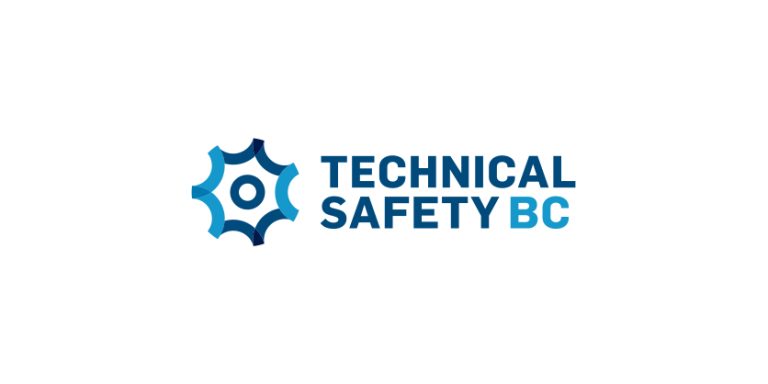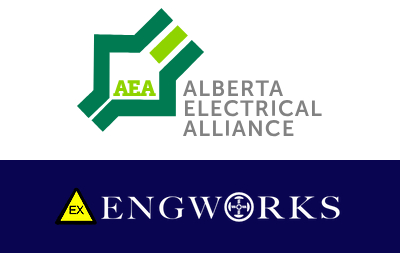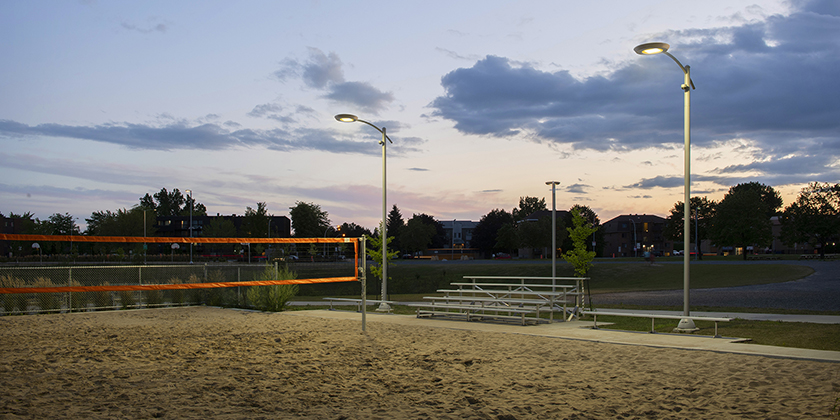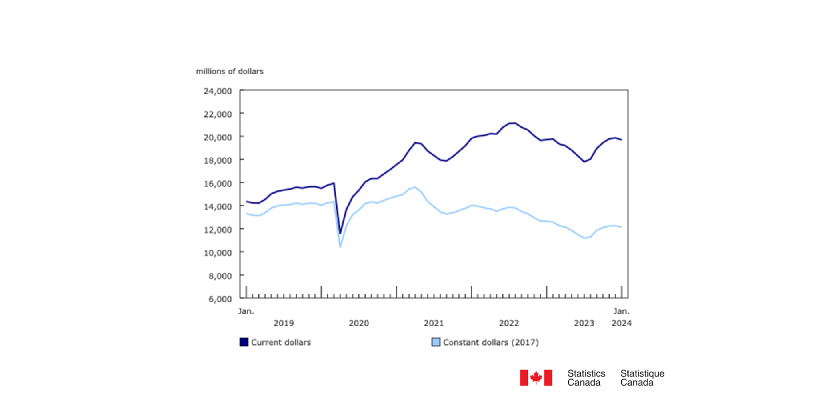The SCC and EFC Team Up to Advance Standardization Strategies to Strengthen Canada’s Electrical Industry

May 29, 2020
The Standards Council of Canada (SCC) and Electro-Federation Canada (EFC) have signed a partnership agreement to help empower and further strengthen the competitiveness of Canada’s Electrical industry. This partnership provides an important path for industry involvement in national and international standardization activities, to promote the development of new technologies, reduce trade barriers and develop access to emerging markets.
“We are thrilled to formalize our partnership with SCC and are excited that our organizations will work more closely to achieve shared goals,” said Carol McGlogan, President and CEO of EFC. “It is imperative that Canadians have a seat at the table to influence standards development for the products we manufacture and the markets we serve. Our collaboration with SCC will equip members with the opportunity to become more involved in standardization strategies which would strengthen and empower Canada’s electrical industry.”
“We are excited to work more closely with EFC to advance standardization strategies that help foster competitiveness for Canada’s electrical manufacturing industry,” said Chantal Guay, CEO of SCC. “Partnerships like this promote efficient and effective standardization that strengthen Canada’s competitiveness and social well-being. With EFC representing over 220 member companies and employing more than 43,000 workers that manufacturer, distribute and sell electrical equipment across the nation, this is certainly an area that is of strategic importance in Canada.”
Through this partnership, both organizations will strive to achieve the following key measures:
- Awareness: undertake activities to promote awareness of the value of standardization and key strategic initiatives;
- Knowledge: share resources and best practices to foster knowledge exchange among EFC and SCC constituents; and
- Engagement: integrate active participation in each organization’s standardization network and standards development activities.
This partnership will also foster collaboration in other areas of mutual interest, such as engaging the next generation of talent and heightening gender diversity efforts. Both organizations have already made formal commitments to the diversity initiative and will broaden these efforts: EFC is a signatory of the Electricity Human Resources Canada’s Leadership Accord on Gender Diversity and has developed a national Women’s Network, while SCC has signed on to the United Nations’ Economic Commission for Europe’s Declaration for Gender Responsive-Standards.










![Guide to the Canadian Electrical Code, Part 1[i], 26th Edition – A Road Map: Section 10 – Grounding and Bonding](https://electricalindustry.ca/wp-content/uploads/2022/11/Guide-CE-Code-2.png)





